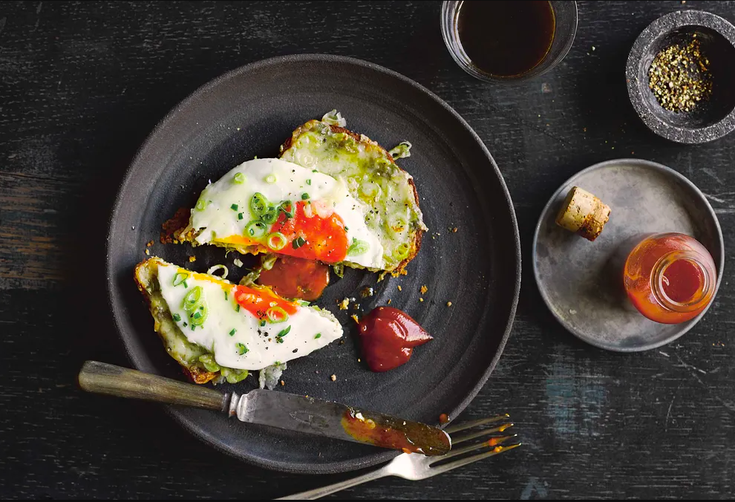Featured
- Get link
- X
- Other Apps
The Unlikely Resilience of the Calcutta Chop

The Bengali chop might be the perfect metaphor for the British colonial era. The British forged an Empire that sought to impress its culture upon India, but was so heavily influenced by the colonized that a hybrid new form emerged. The chop traveled from English kitchens to Indian ones gathering spice, egg wash, mince, breadcrumbs, and chickpea flour until it had only the faintest resonance with its original. Along the way, it paused at that most British of institutions—the Club—which was crucial in disseminating it through Bengal.
Once the British subjugated India, they began prospecting for a simulacrum of home for the "preponderance of single British men, or married men living singly in India, especially in the early decades of colonial rule," writes Mrinalini Sinha in her essay, “Britishness, Clubbability, and the Colonial Public Sphere.” Clubs fulfilled this purpose splendidly, banding together to form a community. Unsurprisingly, these mirror kingdoms of Britishness functioned on exclusion and racial homogeneity. Club members—largely upper class, male, white European colonials—cupped the power of the country firmly in their hands; it was at these old seats of power that deals were brokered, policy was decided, and social connections were started or scuppered.
* This article was originally published here
- Get link
- X
- Other Apps
Popular Posts
Interparfums FY 2022: record earnings as operating profit soars 33 percent
- Get link
- X
- Other Apps
CEO pay on the rise and pay gap widens despite cost-of living crisis
- Get link
- X
- Other Apps
Comments
Post a Comment